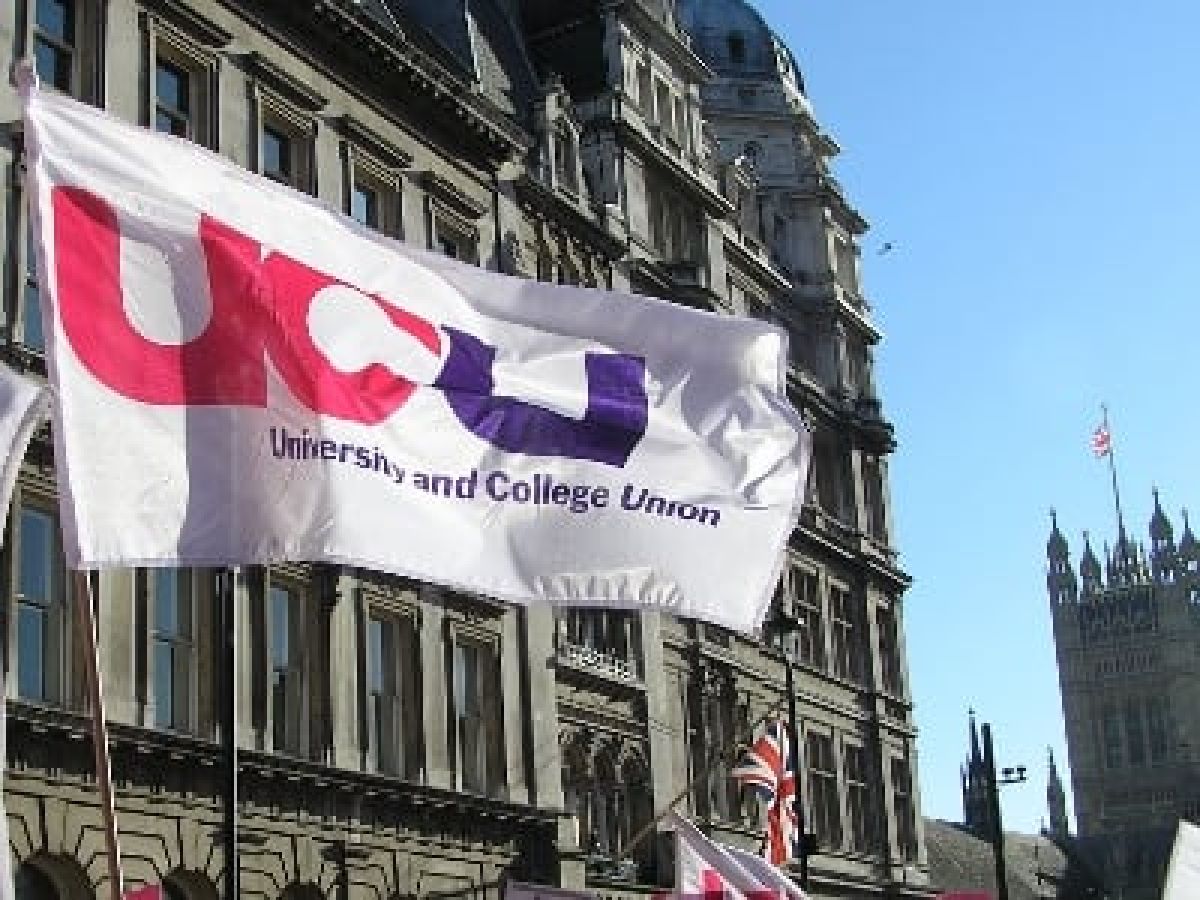UCU hold vote on industrial action over ongoing pension and pay disputes

Staff at the University of Manchester are amongst a group of lecturers and university employees across the country currently voting on whether to take industrial action over pension and pay disputes.
The Universities and Colleges Union (UCU), who are the largest trade union and professional association for academics in the UK, are encouraging members to vote in favour of strikes as part of an ongoing effort to protect their pension scheme and protest pay issues.
The results of the ballot are expected in the first week of November, with 14 days of strike action possible from mid-November. Strikes at Manchester could still go ahead if the ballot receives above a 50% turnout and a majority vote in favour from the UoM branch (UMUCU), even if the national vote is rejected.
The University of Manchester have said they “recognise the rights of staff members to take industrial action,” and will endeavour to maintain normal operations and ensure students are regularly updated should this be necessary.”
The potential strikes are part of a long-standing dispute over pay issues and changes to lecturers’ pensions that saw extended industrial action over several months in 2018 after a series of unsuccessful negotiations with Universities UK (UUK).
Several ballots have been held over future strikes, most recently last February, but have consistently failed to reach the 50% turnout threshold. However, historically strike action has been favoured amongst those who have voted, with 70% of voters supporting a strike last February.
In a statement on their website, UCU general secretary Jo Grady wrote: “Voting now will improve the union’s bargaining position. If we beat the 50% threshold for strike action employers will seriously consider making us an offer before any action happens, because they will remember how effective last year’s strikes were.”
Students appeared to broadly support the lecturers, although they did share some concerns about what strikes could mean for missed contact hours.
Second-year PPE student Sam Cox Griffiths told The Mancunion: “If it impacts on us, it’s because the university are treating the staff unfairly. These people want to work and if they’re striking it’s the university’s responsibility to treat their staff fairly to avoid interruptions to our study.
“It benefits us as students to have lecturers who have a higher level of financial security. It will also mean the university is more attractive to potential lecturers in the future so the standard of teaching will most likely improve.”
Chris Waugh, a teaching assistant at the University who voted in favour of industrial action called the proposed pension changes “ludicrous”, but cited them as only one of a number of factors that motivated his decision.
“I would hope that it [a strike] will bring universities back to the table. I hope it will be a chance to draw attention to the issue around pensions, pay, and most importantly mental health. Regardless of the outcome of the strike, I for one know I won’t stop talking about it.”
The potential industrial action was also supported by Manchester Labour Students, who told The Mancunion: “Manchester Labour Students will be firmly supporting industrial action from the upcoming UCU ballot. This is the second time in as many years that higher education workers have had to threaten industrial action over pensions and MLS will be making it clear that our student community will not stand by while employers threaten our right to education and fair employment, for their own corporate greed.”
Grady’s statement continued: “From 2011 to 2017 our employers made a series of incremental cuts to our pensions. But last year they became overconfident. They tried to abolish the guaranteed, defined benefit element of the scheme. Because we forced them to withdraw that proposal they have reverted to their original ‘death by a thousand cuts’ plan.”
“We have to send employers a message that we have remained vigilant and will not tolerate any more downgrades to our pensions, either now or at the 2020 valuation.”
A spokesperson for the University of Manchester said: “Alongside Universities UK (UUK) and the Universities and Colleges Employers Association (UCEA), the bodies representing employers in the pension and pay negotiations respectively, we are hopeful that any industrial action can be avoided as such action is always highly regrettable.
“As an institution with social responsibility at its core and as a living-wage employer, we pride ourselves on providing generous pay and benefits packages to reward and retain our excellent staff.
“So, whilst we recognise the rights of staff members to take industrial action, we hope it will be a very last resort only taken once all other avenues of dialogue have been exhausted.
“At present, these talks are ongoing, but if such measures were voted for the University will endeavour to maintain normal operations and ensure students are regularly updated should this be necessary.”







